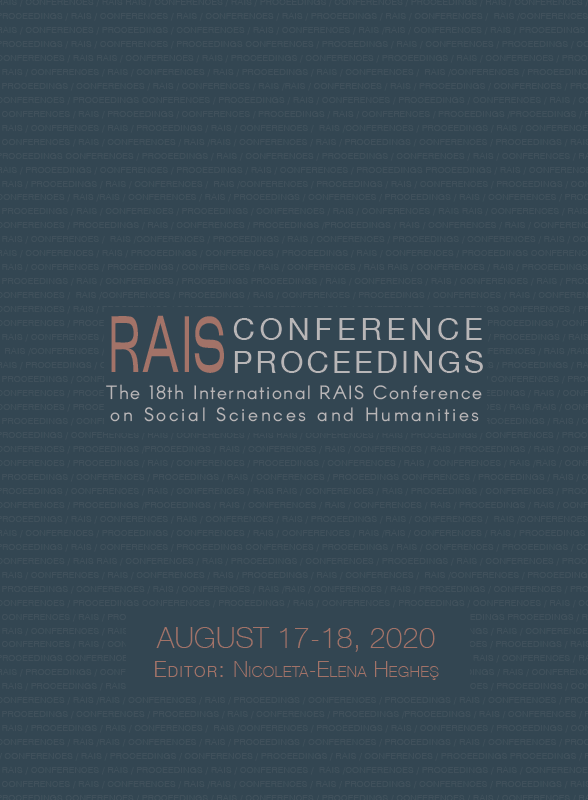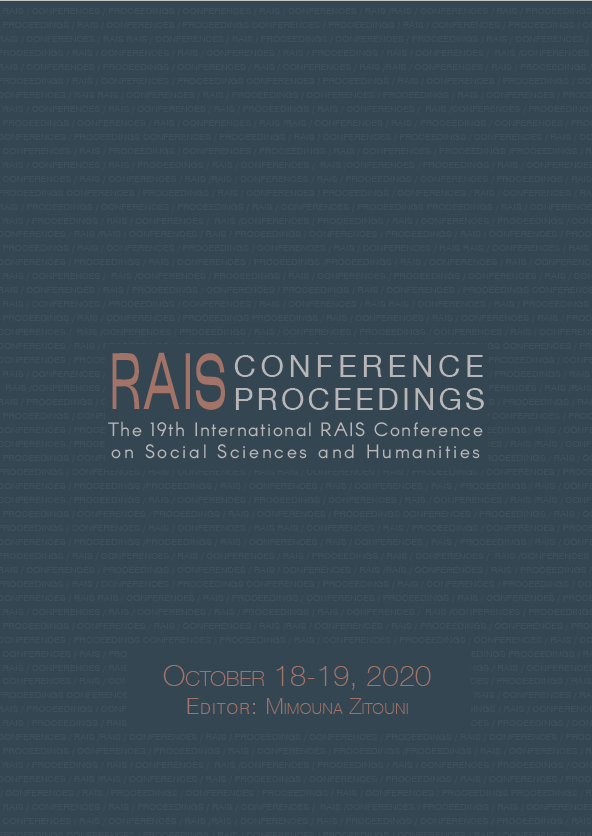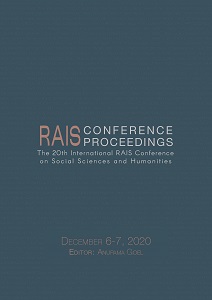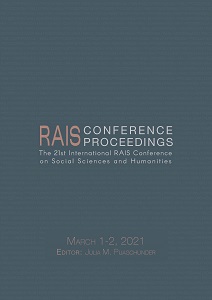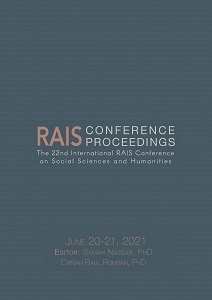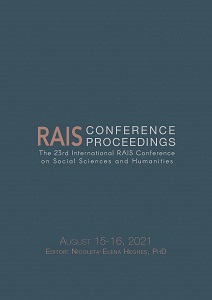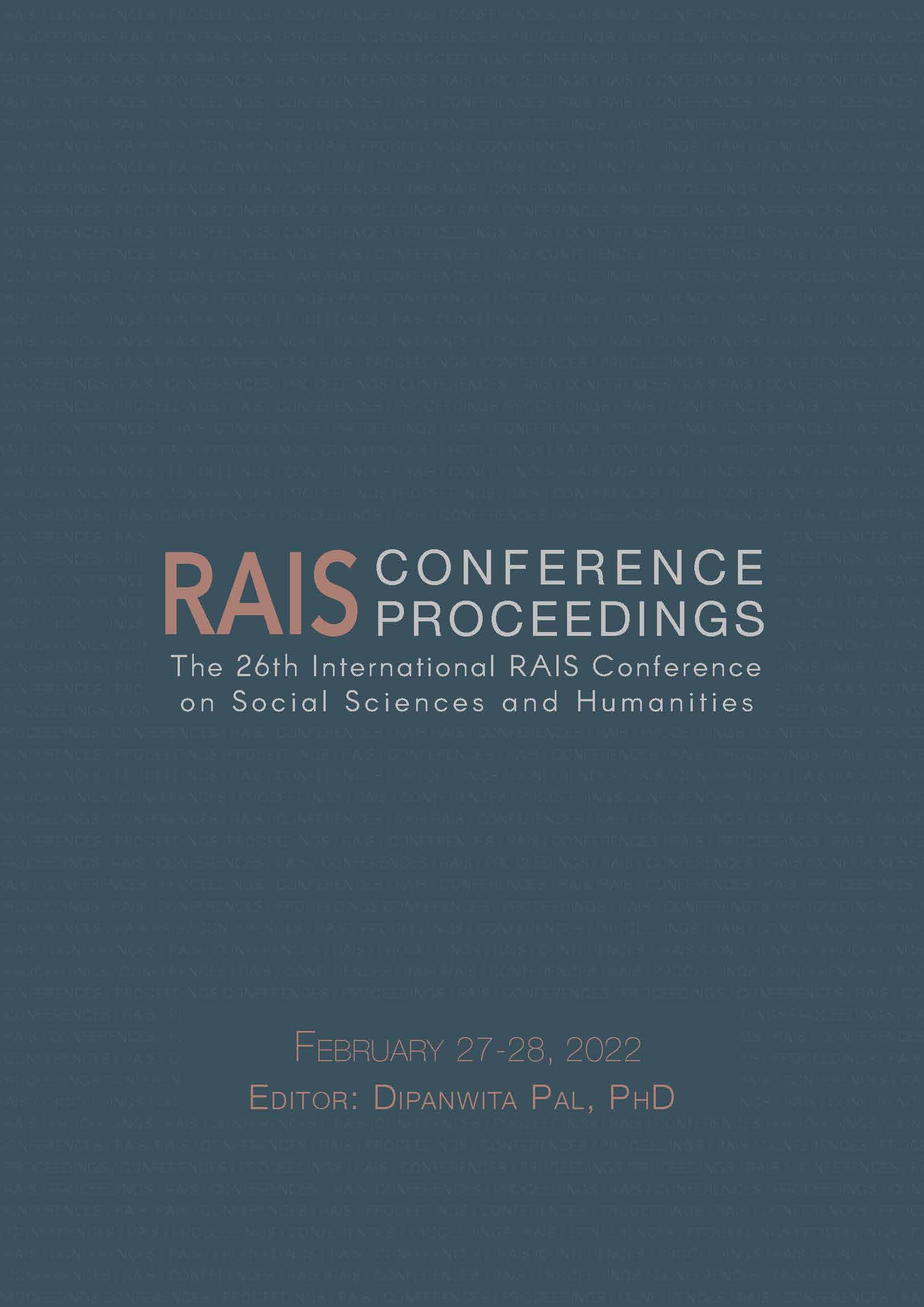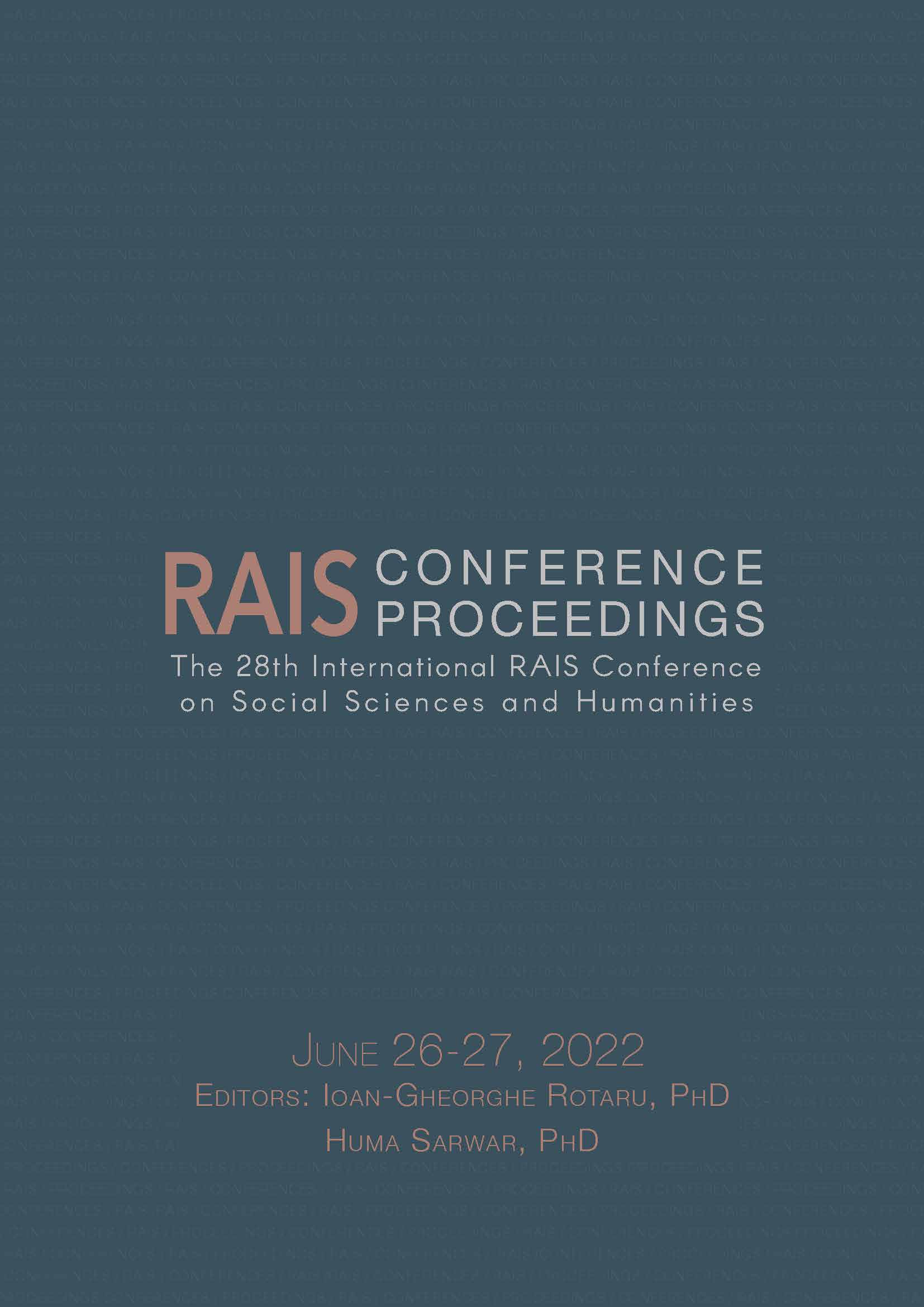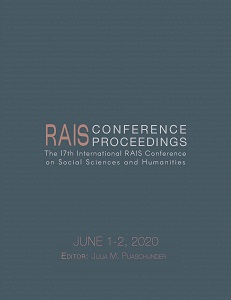
They who Have a “Why” to Live for: Purpose Facilitates Positive Employment Experience
They who Have a “Why” to Live for: Purpose Facilitates Positive Employment Experience
Keywords: purpose; mission; values; work engagement;
How people find meaning is fundamental to how they approach and experience their work and their personal lives. Purpose is an important construct implied, but often not explicitly discussed, in research on employee experience at work. We conducted a two-phase of research to advance the scientific understanding of individual purpose and the impact of intensity of purpose and types of purpose on work-related outcomes. We developed and validated a purposefulness survey and taxonomies of purpose and values in two samples totaling 1,212 adults from a wide range of educational and employment backgrounds. Popular writing suggests that millennials have the strongest sense of purpose, but this conviction was not validated in this research. Future research will need to elucidate the difference between presence of purpose and searching for purpose, the latter perhaps being stronger for younger than older generations. In our samples, purposefulness predicts work engagement, organizational commitment, perceived fit, planned tenure, and willingness to recommend one’s organization. All purposes do not work equally. Self-transcendent purposes correlate more strongly with purposefulness than do self-focused purposes. Similar pattern has been observed on values. Prosocial values (e.g., Altruism, Community) correlate more strongly with purposefulness than do self-oriented values (e.g., Pleasant Experiences, Open-mindedness). Employee well-being and engagement are important elements of employment experience. If purpose has a significant impact on employment experience, can purpose be manipulated to produce such a positive outcome? For whom is purpose intervention most effective? The current research has considerable practical implications.
More...
